History of Game Research at Utrecht University
1637
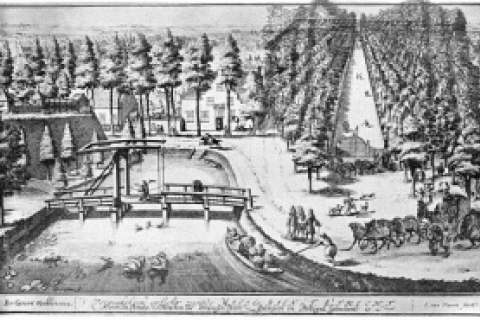
In the 17th century the lawn game "Pall-mall", known as "Malie" in Dutch, was very popular among students. It was so popular that the university and the council created a dedicated alley for the game in 1637, "the Maliebaan". This is the first example of games being very important for Utrecht students and scholars.
2002

After years of offering games and media related courses in computer science, Utrecht University starts the specialized master programme Geometry, Images, and Virtual Environments (GIVE), the first Dutch specialized master program on this topic.
2003
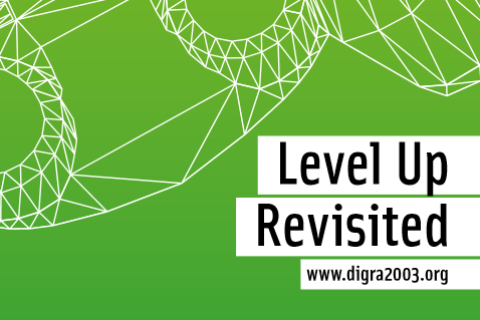
In 2003, the seminal DiGRA conference names "Level Up" was held at Utrecht University. "Level Up was the first conference of the then newly created Digital Games Research Association. The event signaled a watershed moment for us." (Mia Consalvo, President DiGRA 2015).
More about DIGRA.
2005

UU starts the master programme Game & Media Technology, a two years research master, as the successor of the GIVE master program. The programme focuses on providing students with both fundamental and applied knowledge of the techniques for handling spatial data.
2007
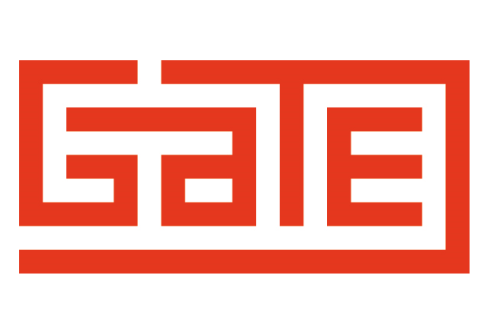
The GATE project (2007-2012) positioned The Netherlands as a strong gaming ecosystem. The total budget was 19 M€, a contribution of 10 M€ from the FES fund, and 9 M€ matching from the partners Delft University of Technology, Thales, TNO, University of Twente, Utrecht School of the Arts, Waag Society, and Utrecht University (coordinator).
More about GATE | Game Research for training and entertainment.
2008

Task Force Innovation, Utrecht University, and Utrecht School of Arts founded the game company incubator Dutch Game Garden, located in Utrecht.
More about Dutch Game Garden.
2008 (and onward)

An impulse of "Independent game movement" (or "Indie") startups begins, where HKU and UU alumni unite and work together. This includes now famous companies such as FourceLabs, Ronimo Games and Vlambeer.
2008
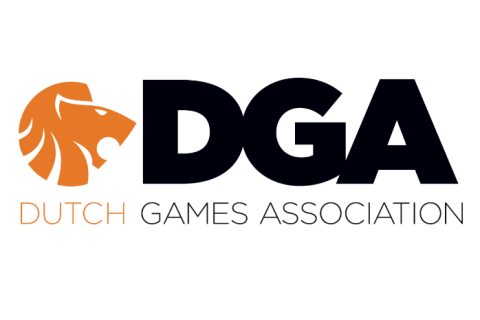
Foundation and settlement of the Dutch Games Association (DGA) in Utrecht. Their mission statement? "To help the industry reach its full potential by connecting, serving and inspiring the industry and beyond on a national and international level".
More about the Dutch Games Association.
2010
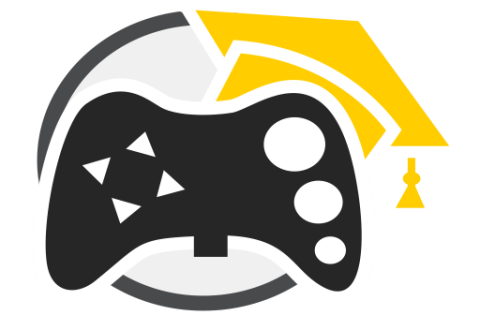
In september of 2010, the UU starts with "Gametechnology", a new studypath for the bachelor Computer Science. Students of Gametechnology follow the regular Computer Science courses, but with a much heavier focus on games. There are also some Gametechnology-specific obligatory courses.
More about the bachelor Gametechnology.
2011
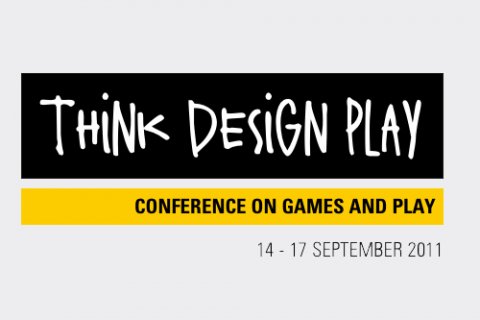
The sixth annual DiGRA congress is hosted by the HKU in collaboration with the UU, bringing it once again back to the Netherlands. The focus and title for this years conference is "Think, Design, Play".
More about DiGRA.
2012

This year marks the foundation of CLICKNL, an institution for innovation in the creative industry. The Gaming innovation network is situated in Utrecht.
More about CLICKNL.
2013

The minor "Game Studies" is being established at the Utrecht University as a part of the faculty of humanities. The focus of the programme lies with studying games and play as it is now in our society.
More about Game Studies.
2013-2019

The UU runs the multidisciplinary graduate program "Game Research".
More about Game Research.
2014-2015
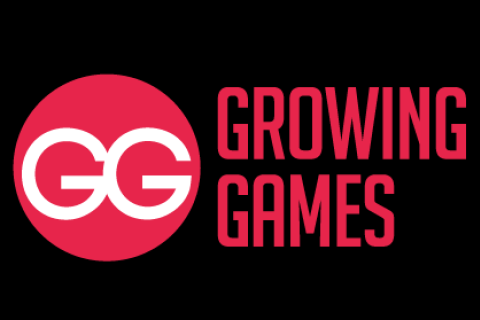
"Growing Games", a multiple-year incentive program to promote sustainable growth in the applied games-sector, is established in Utrecht.
More about Growing Games.
2014

The Utrecht University starts the focus area "Game Research". The start of this focus area also means the start of the website of Game Research. For more information, please feel free to explore this website.

